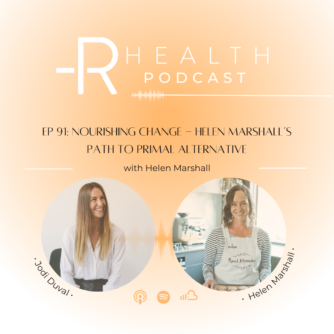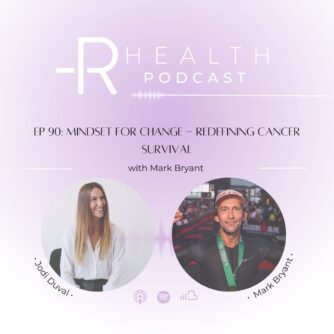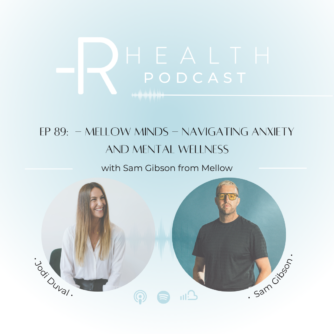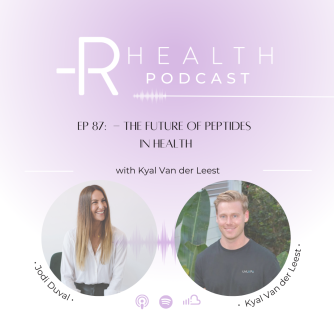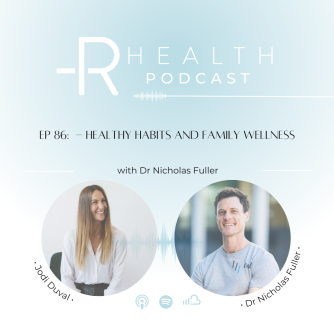Stronger Than Stigma for Mental Health with Gabrielle Magid
Modern day discussion talks more about bodily health than it does about mental health.
Discussing mental health has far reaching healing potential including healing of our bodies, relationships, joy, passion and fulfilment.
In this episode:
Stronger than stigma.. what does this mean?
How did stronger than stigma start?
The biggest mental health challenge with students?
The worlds stigma around mental health including being OK (even if we are not)?
How can we change this?
What is stronger than stigma doing to make changes?
What can we do everyday for our mental health!
About Stronger than stigma and Gabrielle:
@strongerthanstigma
strongerthanstigma.org
Gabrielle Magid, Millennial Mental Health Strategist | Experience Designer | Community Builder | Founder & CEO of Stronger Than Stigma®️
Back in 2013 Gabrielle, a then a student at The University of Florida, noticed that despite free counseling being offered on college campuses, students weren’t going. Some didn’t want to be judged. Others didn’t know where to go. So students struggled alone and in silence.
It wasn’t any better in the real world with the added stress of “adulting”– young professionals struggled, too. Back then, just talking about the subject of mental health was brave. Then it became trendy. But we needed more than talk. We needed to connect. We needed action and advocacy.
Stronger Than Stigma®️ was born. And it’s growing. From college campuses and beyond, we they are joining forces, sharing ideas and supporting one another like never before.
Stronger than stigma stands by wanting to live in a world without stigma,where asking for help is considered a strength and not a weakness. Their goal is to make this a universal truth: There is strength in asking for help.
Their mission is to empower, inspire, and support those struggling with mental health issues. They are here for the people who care about them. If we can start the conversation that normalizes these struggles and makes reaching out for help less intimidating, then we can encourage more people to help themselves.


